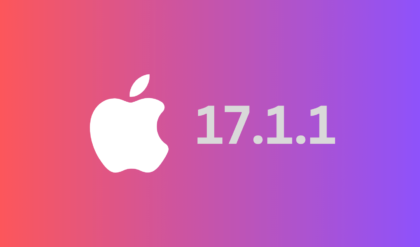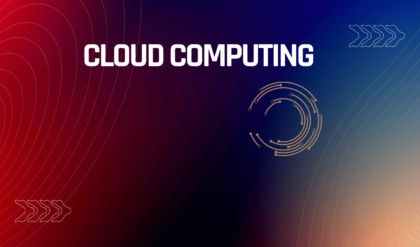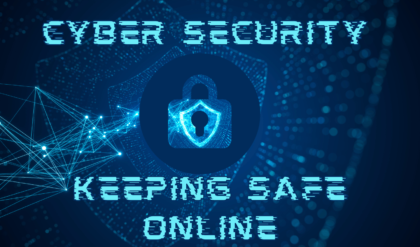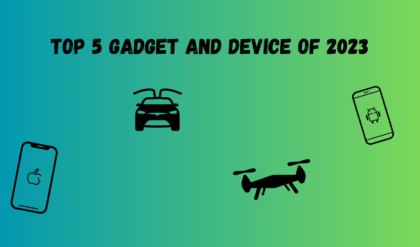
Blockchain technology, initially conceived as the underpinning of cryptocurrencies like Bitcoin, has rapidly evolved into a versatile tool with applications that extend far beyond digital currency. One of its most impactful applications is in the realm of data sharing within organizations. In this article, we’ll explore how organizations can leverage blockchain technology to transform the way they share and secure data.
Understanding the Basics of Blockchain
At its core, a blockchain is a distributed ledger that records transactions across a network of computers. Each transaction, or “block,” is linked to the previous one, forming a chain of data. What makes blockchain unique is its decentralized nature. Unlike traditional centralized databases, blockchain data is distributed across a network, making it tamper-resistant and transparent.
Leveraging Blockchain for Data Sharing
- Enhanced Data Security: Blockchain employs robust encryption and consensus mechanisms that ensure data security. Each transaction is cryptographically linked to the previous one, creating a transparent and immutable record. Unauthorized alterations become nearly impossible, making data sharing more secure.
- Smart Contracts for Automation: Smart contracts are self-executing contracts with the terms of the agreement directly written into code. Organizations can use smart contracts to automate data-sharing processes. For example, when certain conditions are met, data can be shared automatically, reducing the need for manual intervention.
- Streamlined Verification: With blockchain, data authenticity can be easily verified. Instead of relying on intermediaries or third parties to confirm the accuracy of data, blockchain allows for instant and secure verification, making data sharing more efficient.
- Permissioned Networks: Organizations can create permissioned blockchains, restricting access to authorized participants. This is particularly valuable when sharing sensitive data within a consortium or between business partners. It ensures that data is only accessible to those who have permission.
- Immutable Audit Trail: Every transaction on a blockchain is recorded and time-stamped. This creates an immutable audit trail that can be used for compliance and accountability. In regulated industries like healthcare or finance, this feature is invaluable.
- Reduced Costs: Blockchain eliminates the need for intermediaries and streamlines data-sharing processes. This not only saves time but also reduces costs associated with manual verification and validation.
Practical Use Cases of Blockchain in Data Sharing
- Supply Chain Management: Organizations can use blockchain to track and share supply chain data in real time. From the origin of products to their journey through the supply chain, blockchain ensures transparency and traceability.
- Healthcare Data Sharing: Blockchain enables secure sharing of patient health records among healthcare providers. Patients have control over who accesses their data, enhancing privacy and data security.
- Financial Transactions: Blockchain is already revolutionizing the financial sector by enabling secure, cross-border transactions without the need for traditional intermediaries like banks. This not only reduces costs but also speeds up the process.
- Intellectual Property Protection: Content creators, such as artists and writers, can use blockchain to timestamp their work and prove its authenticity. This provides a secure method of protecting intellectual property.
- Voting Systems: Governments and organizations are exploring blockchain for secure and transparent voting systems. Blockchain can ensure the integrity of elections by recording and verifying votes.
Challenges and Considerations
While blockchain offers a plethora of advantages for data sharing, it’s not without challenges:
- Scalability: Blockchain networks can become congested, resulting in slower transaction speeds. This is a challenge that blockchain developers are actively addressing.
- Regulatory Compliance: In some industries, regulatory compliance is a complex issue when it comes to blockchain. Organizations must navigate the legal landscape carefully.
- Data Privacy: Striking a balance between data privacy and transparency is crucial. Organizations must implement appropriate privacy measures to protect sensitive information.
- User Education: Blockchain is a relatively new technology, and users may need education on its nuances and potential risks.
In conclusion, blockchain technology is fundamentally changing the way organizations share and secure data. Its transparent and secure nature, along with smart contracts and permissioned networks, make it a powerful tool for data sharing. By understanding the basics and practical use cases, organizations can harness the full potential of blockchain to transform their data-sharing processes.






